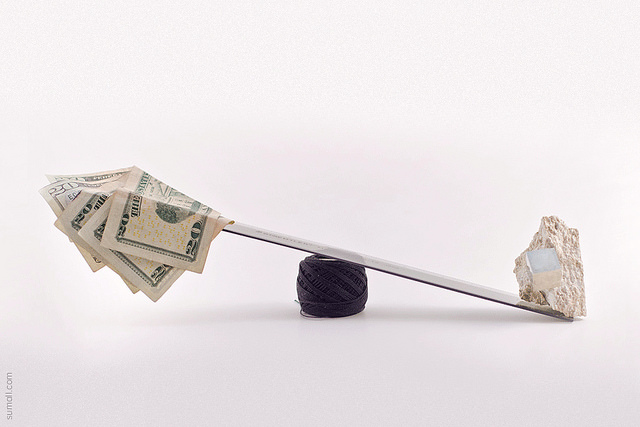The general advice I usually hear for startup founders dealing with seed investors is not to waste too much time on them. According to this advice, a monthly or quarterly email notifying investors of any progress is sufficient.
I agree that founders should focus on their startups. You want to minimize communication with your investors and reduce administrative overhead related to them. If you can keep growing at a rate that impresses your investors, there is really no need to communicate much with them at all. However, investing time in building relationships with your investors can lead to more support from them during tough times, allowing you to extract more value from them.
Expectations: You should have a clear understanding of your seed investors’ expectations so you can get follow-on investments from them or get strong referrals to larger investors. Good investors with double-down or follow-on strategies are usually clear about it, but you may have to initiate discussions with others about their expectations. The earlier you have this discussion, the better.
Emotional Buy-In: If there has been enough time for due diligence between the first meeting and the investment, the investor will usually have some emotional buy-in. However, if the investment round happens very quickly or if the investment was agreed on in just one meeting, the chances of the investor having emotional buy-in is small. Investors usually put extra effort into helping companies that are in the top 10–20% of their portfolio, that have substantial financial exposure relative to their fund size, or that have a vision to which they feel emotionally attached.
Frequent verbal communication can build emotional buy-in from investors. Being transparent about your situation and sharing your thoughts can create a stronger bond.
Extracting Value: Learning more about your investors, e.g., being aware of their experiences, their lessons learned, their regrets, their winners, and who they know, can help you be more efficient and effective when asking for help or advice. It is a good idea to spend time getting to know them. Usually, investors don’t want to take any time away from founders so they avoid these “getting to know you” conversations. Founders have to be proactive about initiating these conversations.
If you have the clarity and confidence needed to grow and show compelling progress, it is best to minimize overhead, avoid distractions and get on with your work. However, by making the effort to build relationships with your investors, you can leverage them more. If you have 1–3 investors, building these relationships shouldn’t take more than one hour per investor per month. If you have more than three investors, it might be best to identify a few with whom you’d like to work more closely.

